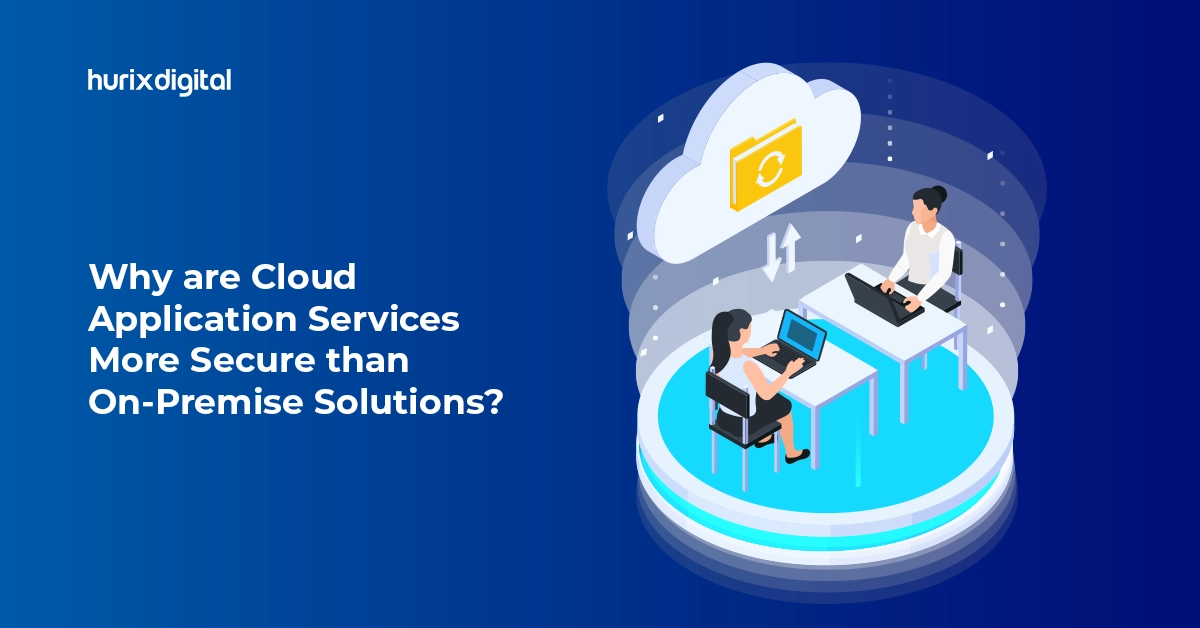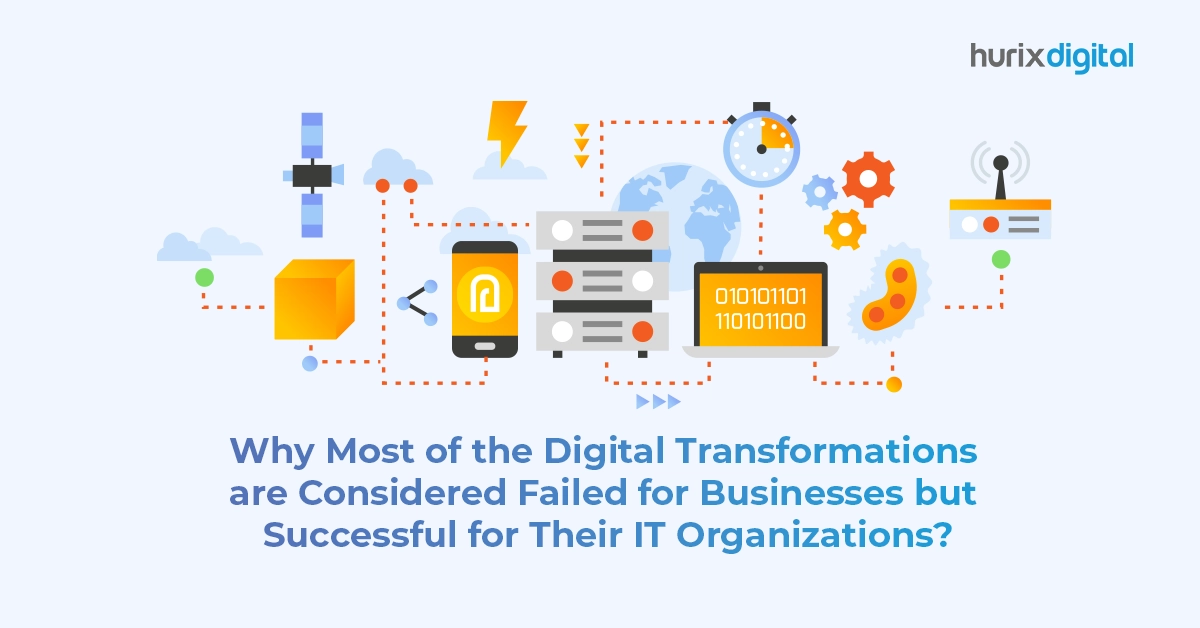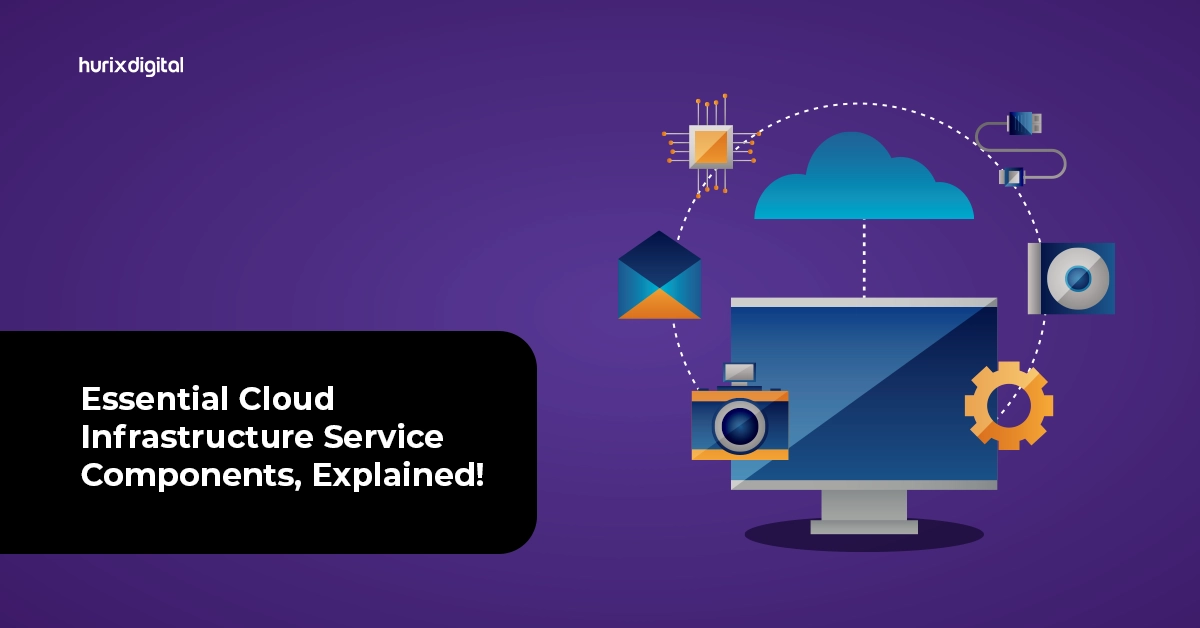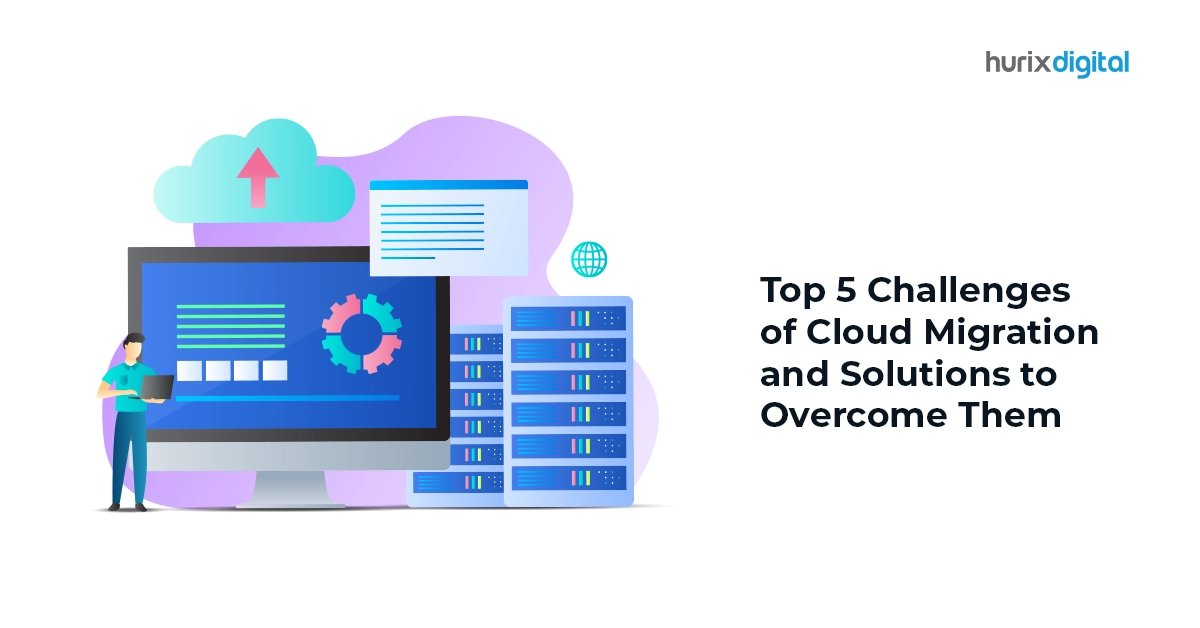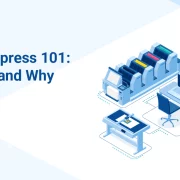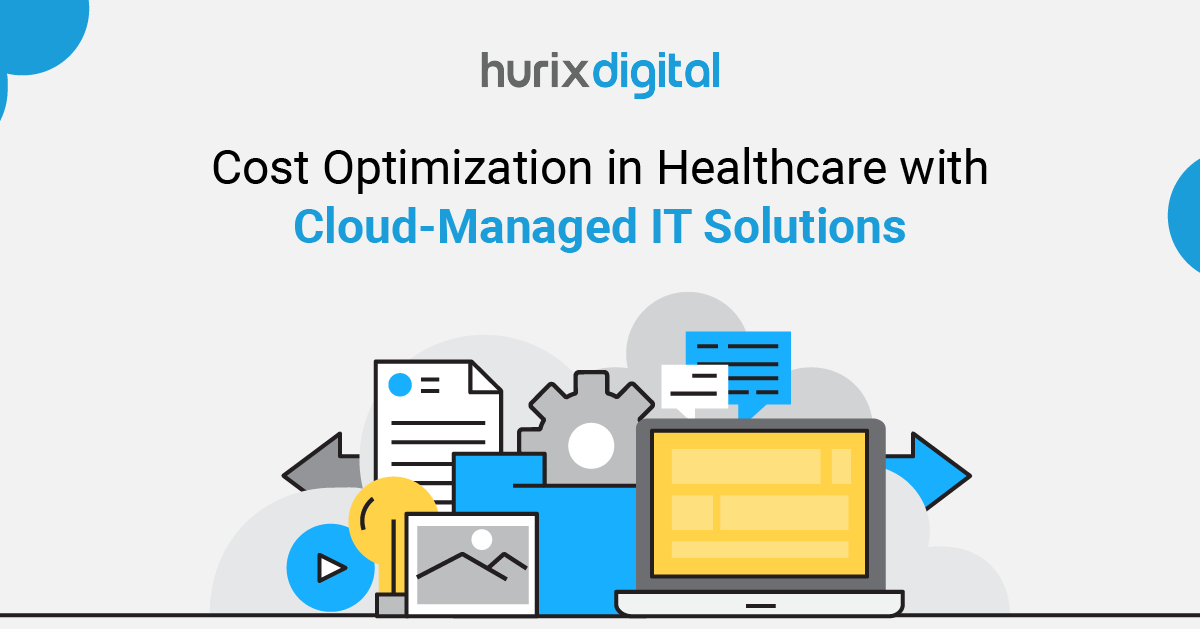
Cost Optimization in Healthcare with Cloud-Managed IT Solutions
Summary
This blog post explores cost optimization in healthcare through cloud-managed IT solutions and how cloud technology leads to more efficient and cost-effective healthcare services.
The healthcare sector is currently dealing with a dilemma. Finding the balance, between providing quality care to patients and effectively handling the increasing costs. Recent research indicates that hospitals in the United States have experienced a decrease in profits down to 3.6%.
This decline, in profit margins, highlights the importance for healthcare providers to seek ways to cut down on expenses. Luckily cloud technology and cloud-managed IT services present a ray of hope. By harnessing the capabilities of cloud computing healthcare facilities can achieve cost efficiency boost productivity and ultimately elevate the level of care they deliver.
Table of Contents:
- The Need for Cost Efficiency in the Healthcare Sector
- Cloud Technology Efficiency in Healthcare Cost Management
- Optimizing Healthcare with Cloud Managed IT Services
- Cloud-Based Healthcare Solutions
- Conclusion
The Need for Cost Efficiency in the Healthcare Sector
Healthcare providers are under pressure to cut costs while ensuring high-quality patient care. Two factors drive this ongoing challenge:
1. Escalating Healthcare Costs
The forecast suggests that healthcare expenses in the United States are expected to increase by 7.5% in 2023, reaching a total of $4.8 trillion. This continuous upward trajectory poses challenges for both individuals seeking care and healthcare organizations. American hospitals have seen a decline in their profit margins, highlighting the importance for healthcare facilities to identify and implement cost-saving measures.
2. Inefficiencies in Traditional IT Systems
Outdated on-premises IT setups, reliant on hardware and software come with steep maintenance costs. These systems demand investment, ongoing expenses for internal IT support teams, and frequent upgrades to stay current with advancing technology.
Moreover, traditional IT infrastructure lacks flexibility. Healthcare organizations find it challenging to adjust their IT frameworks to accommodate fluctuating numbers or integrate technologies, which impairs their ability to keep up with increasing demands.
Security risks present another issue with on-premises IT solutions. Maintaining security protocols internally demands resources and expertise, posing a significant hurdle for many healthcare entities.
Drivers of Cost Pressures in Healthcare
| Factor | Description | Impact |
| Rising Healthcare Costs | Medical expenses continue to rise at an alarming rate | Places financial strain on patients and healthcare organizations |
| Inefficiencies in Traditional IT Infrastructure | On-premises IT systems are expensive to maintain, lack scalability, and pose security challenges | Hinders operational efficiency and increases IT costs |
Also Read: Maximizing Customer Experience: Key Performance Indicators for Cloud-Managed Services
Cloud Technology: A Game Changer for Healthcare Cost Management
Cloud technology offers a revolutionary approach to healthcare IT, empowering healthcare organizations to achieve significant cost savings and operational efficiencies. Here’s a closer look at the key benefits of cloud-based solutions:
1. Versatility and Necessity
Cloud services can scale allowing healthcare institutions to adjust their IT systems easily to accommodate changing needs. This helps avoid upgrades or unnecessary resource allocations that often come with, in-house setups.
For example, a healthcare organization can easily scale up its cloud resources during peak seasons like flu season or to accommodate new patient surges without significant upfront investments. Similarly, during slower periods, resources can be scaled down, optimizing costs.
2. Lowered IT Infrastructure Costs
Cloud technology eliminates the substantial upfront capital expenditure required for purchasing and deploying on-premises IT hardware and software. Additionally, healthcare organizations can significantly reduce ongoing maintenance costs associated with in-house IT staff and infrastructure upkeep.
Recent studies indicate that organizations can achieve a 20% reduction in IT infrastructure costs by migrating to the cloud.
3. Improved Security and Compliance
Major cloud service providers make investments, in security measures and utilize advanced technologies to protect valuable patient information. These security protocols often surpass the capabilities of in-house IT systems.
Moreover, cloud providers bear the responsibility of guaranteeing adherence to industry standards such as HIPAA and HITRUST. This lessens the workload for healthcare institutions in managing their compliance frameworks.
4. Advanced Disaster Recovery and Business Continuity
Amazingly, cloud-based solutions possess even more disaster recovery potential as opposed to conventional IT systems. In essence, the global data distribution strategy entails creating copies of certain data in different tangible places so that a calamity like an earthquake, hurricane, or hacking act wipes out the data from one location; it cannot happen to all the places where the data has been copied.
This assures that health care is delivered to its best and continuity of business operations is not greatly affected in unfortunate circumstances.
5. Promoted Innovation and Collaboration
Cloud technology gives backing to fulfill changes in the kind and quality of solutions and applications of the healthcare system. Such solutions could be Telemedicine systems and analysis tools to help in the realization of improved patient data-centric care.
They also support the exchange of information between different organizations in the provision of care, hence improving the care delivery in different health facilities.
Key Benefits of Cloud Technology for Healthcare Cost Management
| Benefit | Description | Impact |
| Versatility and Necessity | Easily adapt IT infrastructure to fluctuating demands | Eliminates costly hardware upgrades and over-provisioning |
| Lowered IT Infrastructure Costs | Eliminates upfront capital expenditure and ongoing maintenance costs | Frees up resources for core healthcare activities |
| Improved Security and Compliance | Robust security measures and industry compliance | Protects sensitive patient data and reduces compliance burdens |
| Advanced Disaster Recovery and Business Continuity | Minimizes downtime and data loss during disruptions | Ensures uninterrupted patient care and reduces revenue losses |
| Promoted Innovation and Collaboration | Enables adoption of innovative healthcare solutions and promotes collaboration | Improves patient care delivery and operational efficiency |
Optimizing Healthcare with Cloud Managed IT Services
Partnering with an experienced cloud-managed IT service provider leads to a wealth of benefits for healthcare organizations:
| Benefit | Description | Impact |
| Streamlined IT Management | MSPs or managed service providers are responsible for managing IT tasks such as monitoring, resolving issues, and assisting users. | Helps internal IT employees to dedicate their time to tasks such, as introducing technologies and improving the efficiency of healthcare IT processes. |
| Proactive Maintenance and Support | Offers proactive monitoring and preventative maintenance of IT infrastructure, including regular security updates, system checks, and performance optimization | Reduces downtime, prevents security breaches, and ensures optimal system performance for smooth healthcare operations |
| Improved Data Security and Accessibility | Leverages robust security features offered by cloud service providers and allows authorized personnel to access data from any location with an internet connection securely | Enhances data security posture, improves data accessibility for collaboration and care coordination, and reduces the risk of data loss from hardware failures |
Cloud-Based Healthcare Solutions
Cloud technology empowers healthcare organizations to adopt innovative solutions that streamline operations and improve efficiency:
| Cloud-Based Solution | Description | Impact on Healthcare |
| Electronic Health Records (EHR) Systems | Offer secure, centralized storage and access to patient data accessible from any authorized device | Results in better care coordination by supporting healthcare providers to share patient data seamlessly, leading to more informed treatment decisions |
| Telehealth and Remote Patient Monitoring | Facilitate virtual consultations and remote monitoring of a patient’s health vitals | Improves patient access to care, especially in underserved areas or for patients with mobility limitations, and helps identify potential health issues early on, potentially reducing hospital readmission rates |
| Data Analytics and Reporting | Supplements healthcare organizations to analyze vast amounts of healthcare data | Helps in data-centered decision-making by providing valuable insights into operational efficiency, resource allocation, and patient outcomes, leading to evidence-based practices and improved resource utilization |
Also Read: Why are Cloud Application Services More Secure than On-Premise Solutions?
Conclusion
By using cloud-managed IT solutions, healthcare facilities can cut costs, streamline operations, and enhance the quality of care. Cost-effectiveness is a priority for healthcare providers. While providing quality care to patients is essential, managing expenses is crucial for the long-term sustainability and viability of the operations.
This is where cloud-managed IT services come through. By leveraging cloud technology and partnering with a managed service provider (MSP), healthcare institutions can achieve cost savings, improve efficiency, and enhance the rapid delivery of patient care.
Hurix Digital offers support in establishing a robust and economical IT infrastructure. Reach out to us today for a consultation to discover how cloud technology can boost the success of your organization to advance in the evolving landscape of healthcare.

Vice President and Strategic Business Unit Head – Cloud Services
A top technology management voice on LinkedIn with 20 Years of experience in Information Technology, Cloud Services, Digital Transformation, Application Modernisation, Managed Services, IT Security Engineering and Operations Management. An avid technology Leader, Leadership Speaker, Author & Coach.

